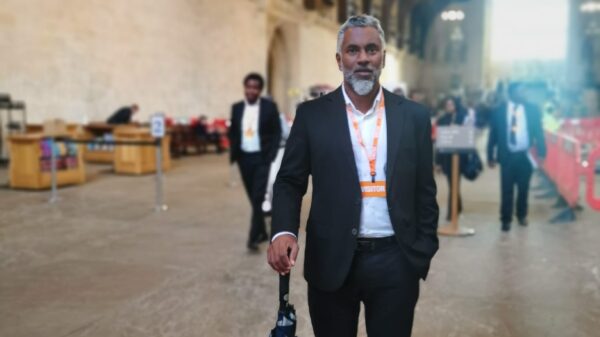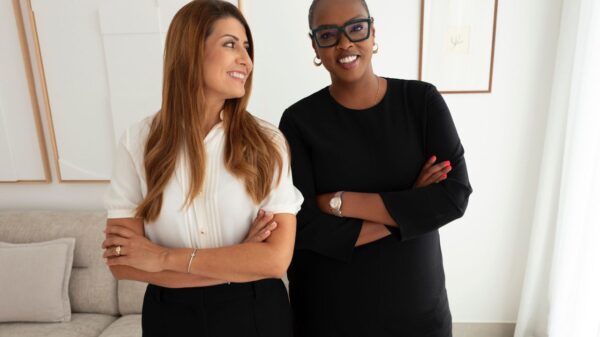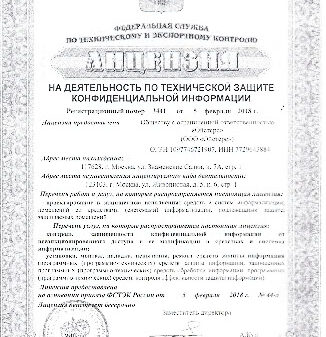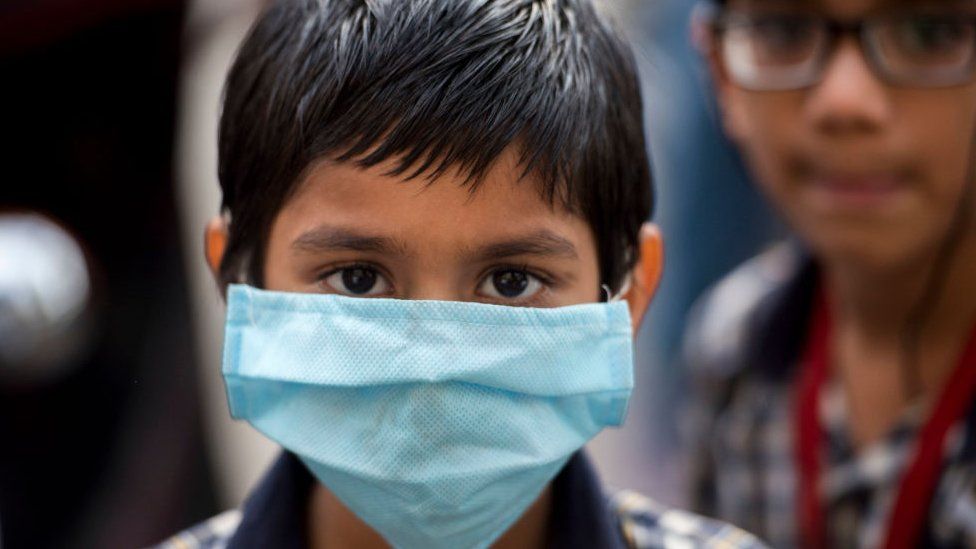In December 2019, Ceenu Jebaraj’s three-year-old daughter was excited at the thought of going to school in a few months.
But by the time her classes were scheduled to begin, India had entered into a national lockdown to curb the spread of Covid-19.
Even when the lockdown was eased months later, schools remained closed across the country. Some states attempted to open educational institutions over the past two years, but successive waves thwarted their efforts.
Ms Jebaraj’s daughter, now five, has logged into Zoom for over 600 days to attend what she has come to know as school. She is among some 42 million Indian children who were affected by school closures at the pre-primary level.
“I was really looking forward to her forming social relationships in school. But for her, friends from class have all remained small squares on Zoom,” says Ms Jebaraj.
Now she may finally get to see them in person as the national capital, Delhi, where Ms Jebaraj and her family are based, is set to open schools and colleges this month.
Experts say the years children have spent away from school have affected learning outcomes considerably.
“If a child in the first grade misses out on learning, it will impact them over the next few grades,” says epidemiologist Dr Chandrakant Lahariya, who has been advocating for schools to be reopened.
The younger the child is, he adds, the greater the cumulative learning loss in the long term.

The impact has been particularly hard on millions of children who didn’t have access to laptops and uninterrupted internet.
A study conducted by economists in August last year said the prolonged closure of schools in India had led to “catastrophic consequences” for poor children. The survey found that nearly half of the 1,400 children sampled were unable to read more than a few words.
Prime Minister Narendra Modi’s government seems to recognise that there’s a problem, but a recent solution announced in the annual budget presented in parliament left experts dissatisfied.
Acknowledging that children from rural areas and marginalised sections were hit hardest by school closures, finance minister Nirmala Sitharaman said the government would provide supplementary education in local languages through expanding its line-up of educational TV channels to 200.
But it’s unclear how children with limited access to electricity will be able to watch them.
Disconnected from learning
While access to online learning was easier for children from more privileged backgrounds, experts who work closely with them say many find it harder to concentrate during Zoom classes.
“Many students have stopped switching on their cameras. It’s a symptom of the disconnect they have started feeling with the whole online learning process,” says Ruth Marie, a child counsellor at Kodaikanal International School in Tamil Nadu state.
Teachers also have a tough time – Ms Marie points out that in class, they could pick up cues from the body language of the children.
“Now you’re just looking at a screen.”
When Malathi Khawas’s five-year-old son started online school in 2020, his teachers tried to get them used to the routine with 30-minute classes.
“But even for that half hour, the teacher struggled to keep their attention,” she says.

Children aged five and above learn best when there are other children around them, says Marija Sitar, a child counsellor.
“They learn social skills and how to deal with issues during playtime. They can’t learn this at home away from peers,” she says.
Ms Khawas says her son’s teachers try their best to make sure children learn their lessons.
“But what we also hoped he would learn – social skills, forming friendships and even learning to pay attention in class – is missing,” she says.
Parents have also struggled to deal with the stress of making sure their child is keeping up in class.
Ms Khawas says it’s inevitable that the frustration felt by parents has an effect on the child.
“My five-year old is sitting there with tears rolling down his cheeks because I’m not a trained teacher who knows how to make writing exciting,” she says.
She adds that she eventually reached out to her sister, who is a trained teacher, for help. But Ms Khawas acknowledges that not everybody had help at hand.
As schools begin reopening, parents like Ms Jebaraj and Ms Khawas are both hopeful and anxious.
“My daughter is going to find school very strange and difficult to navigate,” Ms Jebaraj says.
“There is definitely going to be a bit of anxiety as she tries to get used to it.”

This video can not be played
To play this video you need to enable JavaScript in your browser.



























